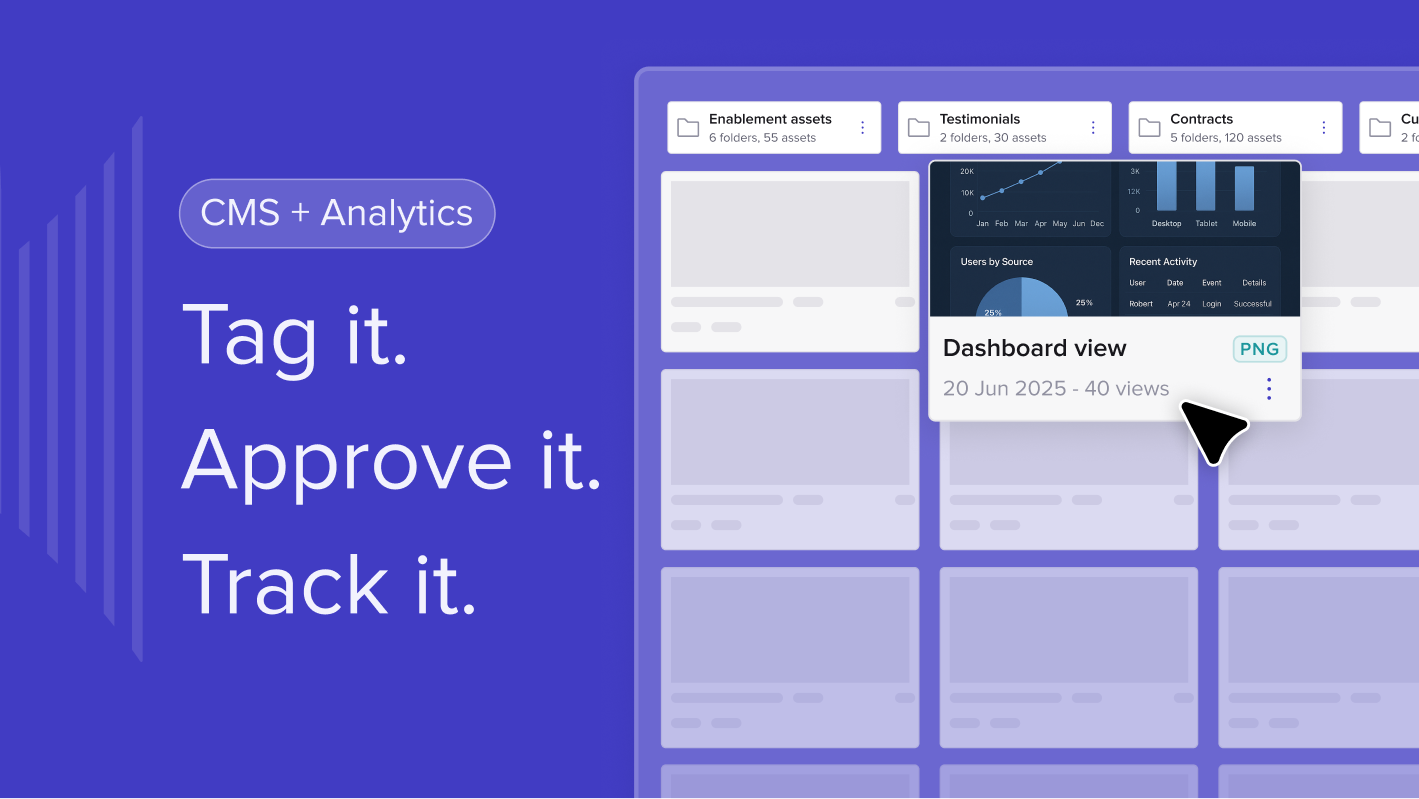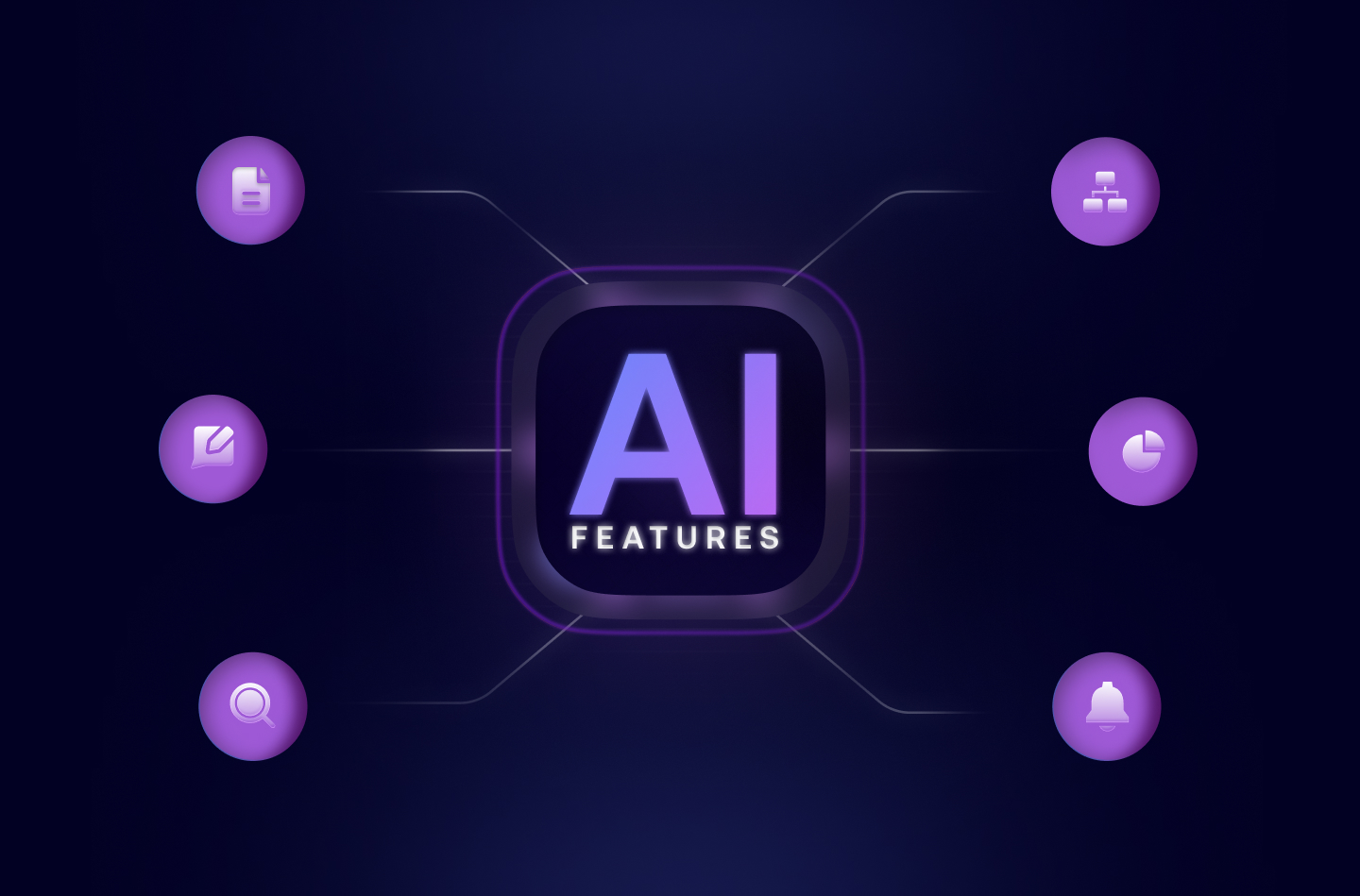Key Takeaways
- AI, automation, and personalisation are transforming how sales teams operate.
- Businesses are shifting from acquisition to retention through customer success.
- CRM tools, freemium models, and diverse content formats are driving engagement.
- trumpet empowers teams to personalise buyer journeys and close deals faster.
Following the latest sales trends can give you a major leg-up on your competition. Implementing novel technologies, jumping on board a new trend, or embracing an up-and-coming sales strategy can revolutionise your business.
In 2024, big things are happening. From artificial intelligence (AI) to evolving consumer expectations, the sales game will never look the same again.
Here's what you need to watch out for in 2024 and beyond.
Key Sales Trends Q4
- AI-Powered Sale
- Increasingly Personalised User Experience
- Automation Will Become the Standard
- Specialisation in Vertical Markets
- Existing Customers Will Take Priority
- Customer Success Over Customer Support
- Your Content Strategy Will Diversify
- Continued Uptake of CRM Tools
- "Try Before You Buy" Will Hook Customers
- Greater Content Diversification
Why is it important to follow sales trends?
Following the latest sales trends gives businesses a competitive edge. By adopting innovative technologies, adjusting to buyer expectations, and leveraging digital tools like trumpet, teams can boost efficiency and increase conversion rates.
1. AI-Powered Sales
Not following the AI revolution unfold? You're probably the only one. Whether it's GPT-4 changing customer conversations, new AI analytics, or machine learning algorithms predicting future customer behaviour, AI is upgrading the sales experience.
Chatbots, in particular, look to relieve much of the initial burden from sales teams. Early in the sales funnel, customers can ask chatbots a whole host of questions about a product or service, getting a conversational answer tailored to them.
After all, 52% of customers will make repeat purchases with a company that offers support via live chat – no one wants to wait around.
This isn't just directed at consumers. It's also a major B2B sales trend in 2024.
According to McKinsey, 76% of B2B buyers like to speak to someone in person or on the phone. Why? Because, conversationally, they can get the bespoke answer they want. Chatbots will likely jump into this role, helping to evaluate leads and direct them to the appropriate sales rep.
2. Increasingly Personalised User Experience
Forget the one-size-fits-all approach. As technology advances, consumers increasingly expect a tailored experience. That means identifying consumers' needs and pain points and creating the right sales strategy for them.
Potential strategies include:
- Auto-Personalised Microsites: Using digital sales room technology like trumpet to provide an end-to-end tailored experience for the buyer and stakeholders. With mutual action plans, video content, custom proposals and quotes and beyond.
- Email Segmentation: Categorise your email list based on customer behaviours, purchase history, or demographics. Send targeted content and offers to match each segment's interests.
- Product Recommendations: Use AI and data analysis to suggest products based on past purchases, browsing habits, and preferences.
- Customised Offers: Reward loyal customers with special deals or early access promotions tailored to their shopping habits.
3. Automation Will Become the Standard
Automation is far more than chatbots and virtual assistants. Almost every aspect of the sales process is becoming automated.
Lead scoring, for example, relies on advanced algorithms to automatically rank potential leads based on their likelihood to convert. When integrated with machine learning and customer behaviour analysis, algorithms will distribute leads to sales reps based on their personality, expertise, and other criteria.
Other examples of automation include:
- Dynamic Pricing: E-commerce platforms utilise automation to adjust product prices based on demand, competition, or inventory levels, optimising for profitability.
- Predictive Analysis: Using historical data, sales platforms can predict which products a customer might be interested in next, allowing for targeted marketing.
- Routine Task Automation: Activities like data entry, sending follow-up reminders, or updating records are now automated, freeing up time for sales representatives.
4. Specialisation in Vertical Markets
Gone are the days of mass marketing. Just as people prefer personalisation in their marketing, they want specialisation in their products. Little is the new big.
Vertical markets are typically characterised by selling to a specific industry, trade, or profession with specialist needs. Examples include healthcare, real estate, and finance. However, new niche markets are opening up all the time.
People no longer want to be generic. If they're renovating their home, they don't want a general department store; they want a specialised home improvement store offering niche solutions for DIY projects.
5. Existing Customers Will Take Priority
Did you know it costs five times more to create a new customer than to keep the old one? In fact, as personalisation takes hold, the Customer Lifetime Value (CLV) could skyrocket. Early data already shows that Gen Z aren't as brand loyal as their forebears.
That leaves companies with two options:
- Decrease their Customer Acquisition Cost (CAC) and deal with the increased churn of customers.
- Adopt new practices to hold to the most lucrative customers to try and maximise their CLV.
Both strategies carry risks, as even a low CAC can be counteracted by a very high churn rate while relying on a lucrative core of customers can have disastrous effects if a section decides to leave.
Considering that a 5% increase in customer retention can produce more than a 25% jump in profit, most businesses will likely go for the second option to counteract a fluctuating market.
6. Customer Success Over Customer Support
First developed in the SaaS (software-as-a-service) industry, customer success aims to counteract churns. Leading on from the previous point, a simple way to prioritise your existing customers is to ensure they get what you promised out of the product or service.
Customer success is the answer – it finds out what a customer wants and proactively helps them achieve this. After all, if they're not satisfied, you've got the solution; it's easier than ever to jump ship to another platform.
This trend will likely carry into other industries as businesses battle to keep customers on board. The core principles of relationship building and proactive support could mean gyms hire wellness coaches to help members achieve their health goals.
At the same time, car dealerships might have customer success representatives who help buyers understand all the features of their new vehicles.
7. Your Content Strategy Will Diversify
Another sales trend in 2024 that might surprise you is the diversification of online content. As audiences become more discerning and fragmented, brands must rely on new content formats beyond traditional blogs and videos.
Don't expect virtual and augmented reality experiences to take hold just yet – although this is a sales trend to watch.
Podcasts and audio content continue to enjoy a meteoric rise. In 2022, 82% of marketers planned to invest the same amount or increase their investment in podcasts and other audio content. Meanwhile, interactive content, such as quizzes, polls, and calculators, is gaining mainstay appeal.
Storytelling through ephemeral content on platforms like Instagram, Snapchat, and TikTok can help build substantial brand recognition, offering a transient yet impactful connection.
8. Continued Uptake of CRM Tools
Surprisingly, sales reps don't spend most of their time selling – a little over a quarter of their day. Maximising a salesperson's efficiency means removing some clutter from their schedule.
Customer Relationship Management (CRM) systems work wonders in this area. Here are some examples of how they can help:
- Lead Management: CRMs categorise and prioritise potential clients, streamlining follow-ups and ensuring no opportunities are missed.
- Automated Tasks: Routine tasks like data entry and sending reminders are automated, allowing sales reps to focus on selling.
- Sales Analytics: Detailed insights on sales trends, customer behaviours, and pipeline status help in making informed decisions.
- Centralised Information: A unified platform stores customer interactions, histories, and preferences, enabling personalised and efficient communication.
9. "Try Before You Buy" Will Hook Customers
Heard of freemium? It's a sales model that lets customers try a slimdown version of a product or service, only gaining access to all the features and upgrades via payments. It was pioneered in the mobile gaming industry; however, it's now finding its way into other avenues.
Product trials, free tools, and consultations are perfect for enticing customers into trialling your product or service. Already, 32% of sales professionals offer leads freemium options (with around a 90% success rate), so it's hardly surprising it's catching on.
And it's not just the SaaS industry. Therapists could offer a free first session, a music platform could provide free music with ads, or a cloud storage company might offer a limited amount of free storage.
10. Companies Will Hire Freelance Sales Reps
Got an upcoming product launch but don't want to onboard several new team members? Consider hiring freelance sales representatives. As the freelance market explodes in popularity following the move to work-from-home (WFH), professionals are looking to sell their skills either as a side hustle or a full-time career.
Sales are no different.
Platforms like Fiverr and Upwork already have thousands of successful candidates for businesses to hire for specific services, e.g., content marketing, video creation, and social media. However, you can also hire industry-leading sales reps to help boost your business.
They can advise on sales strategy, relationship management, market segmentation, partnership development, and much more.
Final thoughts
Personalisation, automation, and customer success define the future of sales. Companies that embrace these trends will enjoy stronger buyer relationships, faster deal cycles, and higher retention.
💡 trumpet insight: Sales teams using trumpet report shorter deal cycles, higher engagement, and more successful renewals.
👉 Book a demo with trumpet to harness these trends and elevate your sales strategy.
FAQs
1. What are the biggest sales trends to look out for?
AI-driven automation, personalisation, and customer success are leading trends shaping how businesses sell and engage customers.
2. How does trumpet help sales teams adapt to new trends?
trumpet’s Digital Sales Rooms centralise content, personalise outreach, and provide analytics for smarter, data-driven selling.
3. Why is customer retention more valuable than acquisition?
Retaining customers costs less and drives greater profit growth. A small rise in retention can significantly boost lifetime value.
4. How can AI improve sales performance?
AI automates lead scoring, predicts buyer behaviour, and enhances personalisation, helping sales teams focus on high-value prospects.
5. How can I get started with trumpet?
You can book a demo or sign up free to explore how trumpet enhances your sales performance.

.svg)
.svg)
.svg)
.svg)
.svg)
.svg)
.svg)
.svg)
.svg)
.png)
.svg)
.svg)
.svg)
.svg)

.svg)
.svg)
%201.svg)
.svg)
%201.svg)



.svg)






.png)














![How to Get Started with Buyer Enablement [With Examples]](https://cdn.prod.website-files.com/65cf4fecbed2754c2236665d/65cf4fecbed2754c22366bdb_65a5af83e742f76e34ce06f3_Customer%2520Onboarding%2520_%2520Everything%2520you%2520need%2520(2).png)
.png)



.png)



.png)









.png)


.png)

.png)
.png)






